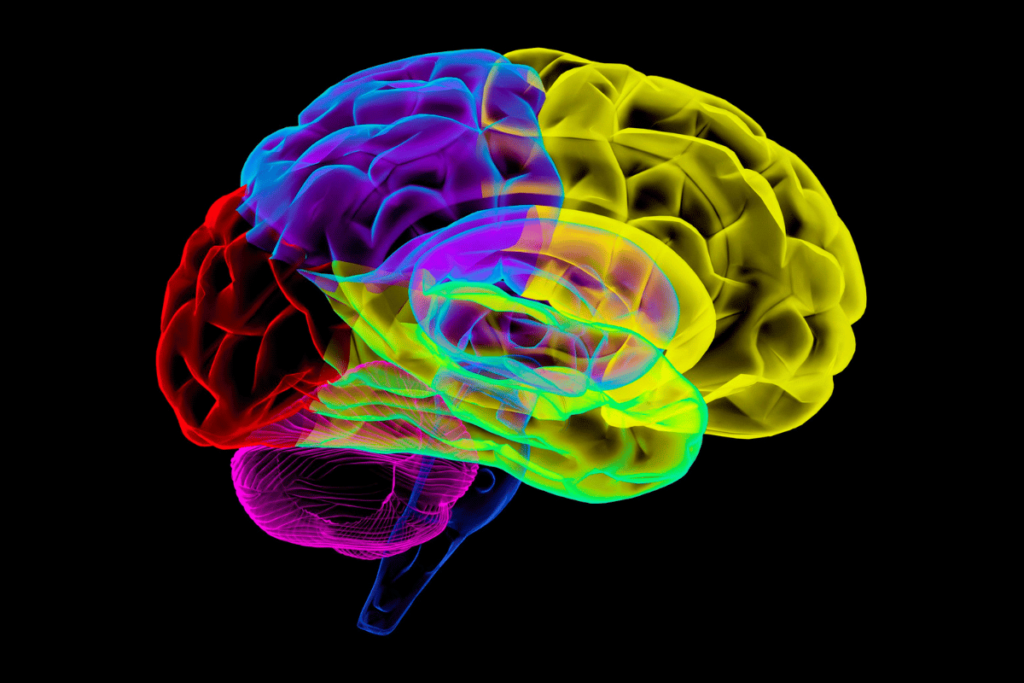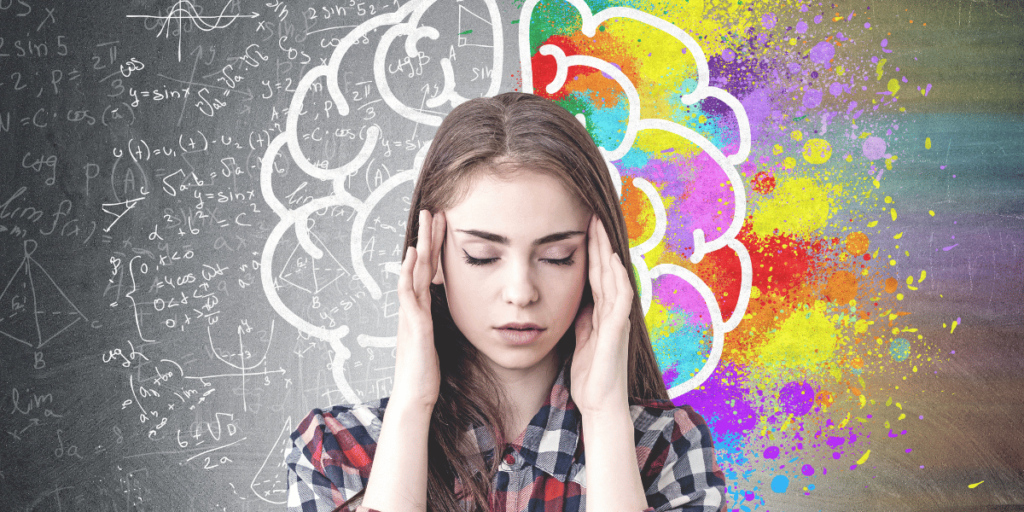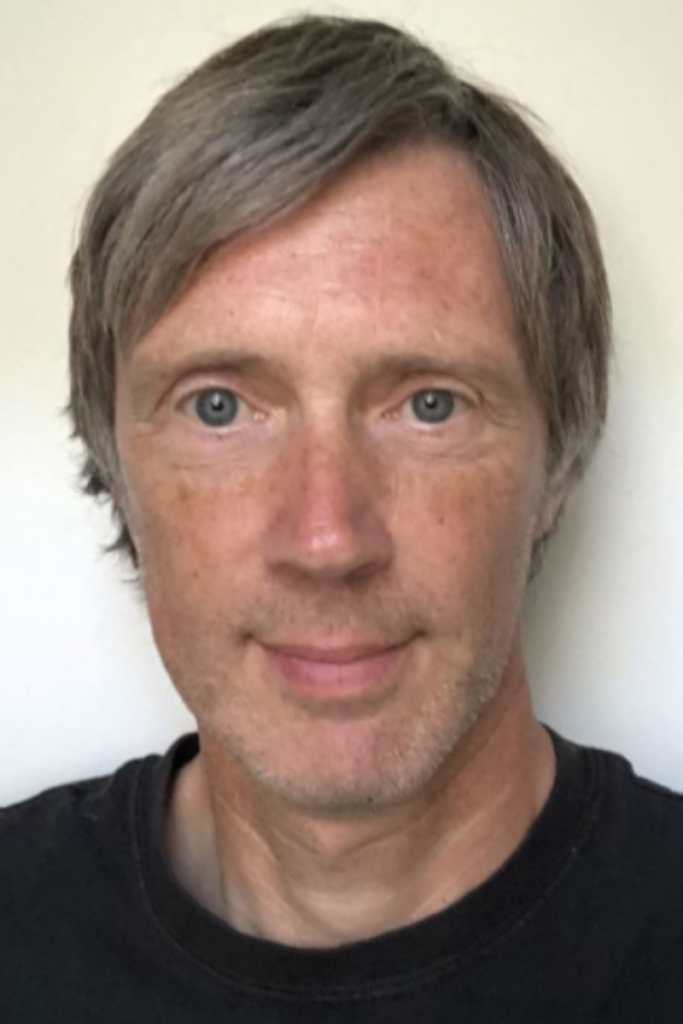Trauma, PTSD and the young people we work with...
At Fresh Start being compassionate and understanding is at the heart of all we do. The very nature of our work means we must always be ready to adapt and “read” the situation. Whether we know it or not we’ve probably worked with young people suffering from trauma/PTSD and with a mindful flexible approach, we’ve probably helped more than we realise.
Trauma is not stress. We all experience stress, we do not all experience trauma (even though we are all capable of it). Trauma is a biological and physical change in the way the brain and body interact and process everything.
This is the first in a 3 part blog series where we are going to look at what trauma and PTSD are (part 1), then some of the symptoms/behaviours to look out for (part2), and finally some tips on how to work with young people (or anyone) with trauma or PTSD (part3).
This is a brief and reductive overview of what Trauma is. It’s a very complex and fascinating subject where recent research and discoveries are leading us into a much better understanding.
The Brain: For simplicity we can look at the brain as divided into three main areas that work together in our usual everyday lives. There’s the Stem/Reptilian Brain (unconscious processes/functions), the Limbic System (relationship and emotional centre) and the Neo Cortex (logic, thinking, problem solving and learning). In terms of evolution the Stem came first (survival) the Limbic system next (emotions and behaviour) and lastly the Neo Cortex (thinking, learning).

Trauma: Trauma is triggered by that which is unexpected, overwhelming and beyond control. This can range from a shocking impact (which we are more commonly aware of) to low level negative conditions over a prolonged period. Any event that triggers the amygdala to alarm the brain and push it into survival mode is “traumatic”. Trauma is what then happens inside the body/mind, all systems that are not crucial to survival are switched off.
There is also Vicarious or Secondary Trauma, which is being in a traumatised state because of having to deal with something that has happened to someone else (or what your thinking brain believes has happened). An interesting point I heard a trauma support worker raise was that during natural disasters many of the survivors don’t suffer from trauma/PTSD, the event passes, they survived , etc. But the survivor’s families, who were not at the scene, often suffer from PTSD.
Trauma the Brain and nervous system: Trauma causes the brain to switch into a primitive survival pattern (early evolutionary state) that will best ensure you do not die. The Hippocampus, usually a filing system for memory, switches to pumping cortisol to stop the body feeling pain. Memory of the traumatic event(s) can later be difficult to recall and process because of this. Pre-speech traumatic memories are often stored only in the body and will only be released/processed through a bodily expression (crying, movement, intimacy, re-living the “feeling”), they don’t need to be consciously explained.
“Trauma is not what happens to you. Trauma is what happens inside you, as a result of what happens to you.”
— Gabor Maté
The brain Stem (controlling unconscious processes such as heart rate, breathing etc) becomes the primary controller. In this state, the choice of responses to outside stimuli are very limited, often referred to as Fight, Flight, Freeze or Fawn (please or placate). This protective state will essentially remain until the danger has passed. We often then say that people are recovering from the “shock” as their body and brain return to their normal resting state and the chemical equilibrium is restored.
Post Traumatic Stress Disorder - PTSD: This is when the brain stem continues to control the nervous system (to a greater or lesser extent) after the event and the person continues to perceive danger. The pattern becomes “stuck”.
Complex PTSD or CPTSD: When further incidents, events, conditions add to and often complicate the initial trauma. Domestic abuse, which is often repetitive, is an example of this. Memories are stuck in the Limbic System and many things, such as colour, sound, smell and sensation can “trigger” the alarm in the brain. This can happen quite unexpectedly at any time or in any place, but often when stress levels are increased.

Introduction to helping to heal: From the perspective of the brain, the way to recover and heal from trauma is to reverse the shutting-down process. You would soothe the Stem (recover calm and smooth breathing and heart rate), re-engage the Limbic System (re-establish trusting emotional responses and relationships) and only then can you engage the Neo Cortex (thinking, logic and learning). So you can see, as teachers/educators, we may need to engage at a very basic and fundamental level initially, before we can even consider academic learning. We can’t assume the mental and emotional state of the young person will allow an immediate start to learning.
"We have learned that trauma is not just an event that took place sometime in the past; it is also the imprint left by that experience on mind, brain, and body. This imprint has ongoing consequences for how the human organism manages to survive in the present. Trauma results in a fundamental reorganisation of the way mind and brain manage perceptions. It changes not only how we think and what we think about, but also our very capacity to think.”
― Bessel A. van der Kolk, The Body Keeps the Score: Brain, Mind, and Body in the Healing of Trauma

Michael is an Education Specialist with Fresh Start in Education and has been with the company for over 9 years. He has experience working in residential children's homes, teaching in independent and Secondary Schools. Over the last 10 years he has focused on working with SEN students.